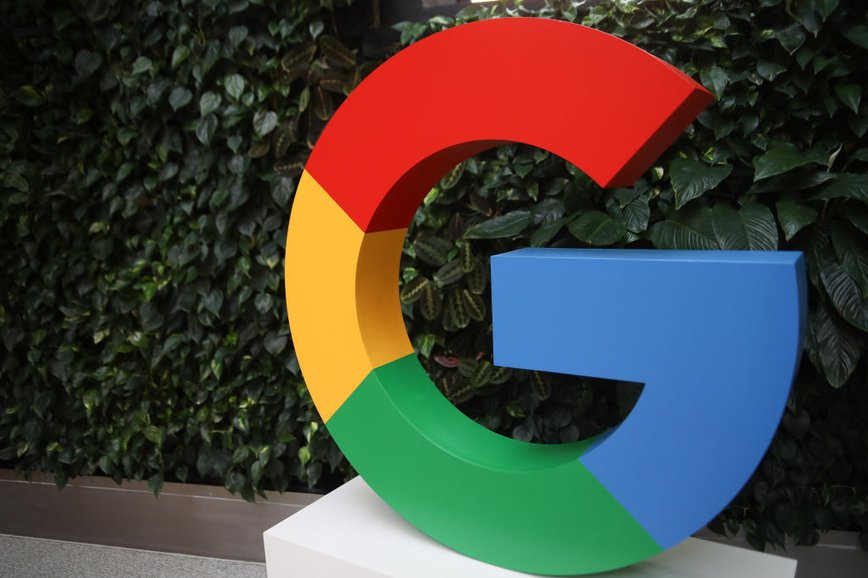
Google Teams Up With Stopncii To Combat Nonconsensual Images Online - Fresh Celebrity News 2025

Google’s New Partnership with StopNCII: A Game-Changer?
Hey there, tech lovers and internet safety advocates! Big news just dropped: Alphabet Inc.’s Google is stepping up to the plate by partnering with StopNCII, a nonprofit on a mission to curb the spread of nonconsensual images online. Announced at the NCII summit hosted at Google’s London office on Wednesday, this move is being hailed as a significant - though some say tardy - stride in tackling image-based abuse.
For those unfamiliar, StopNCII (short for Stop Non-Consensual Intimate Images) is a lifeline for victims. Their innovative tech lets individuals create digital fingerprints, or hashes, of intimate images, which are then shared with partner platforms like Facebook, Instagram, Reddit, and OnlyFans. These platforms use the hashes to block reuploads without anyone needing to view or report the content - a discreet yet powerful tool.
While Google’s involvement is a win, they won’t be popping up on StopNCII’s official partner list just yet. A spokesperson revealed they’re in the testing phase and plan to roll out the hash-matching tech over the next few months. It’s a complex shift, requiring updates to their systems and processes, but we’re keeping our fingers crossed for a smooth launch!
Behind the Scenes: How StopNCII Works
Let’s dive a little deeper into StopNCII’s magic, shall we? Their system empowers victims by letting them take control without exposing their pain. Once a hash is created from an intimate image, it’s like a digital shield - partner platforms can detect and prevent the image from resurfacing, all without human eyes prying into the content.
Hosting the summit alongside StopNCII’s parent charity, SWGfL, Google got a firsthand look at the impact of this work. David Wright, SWGfL’s CEO, couldn’t hold back his enthusiasm about the difference this makes for victims.
“Imagine the relief of knowing your private content won’t show up in a search - it’s hard to overstate how life-changing that can be for someone,” Wright shared in an interview.
Google’s Slow Start Sparks Criticism
Now, let’s flirt with the elephant in the room - Google’s timing. StopNCII launched back in late 2021, building on tools pioneered by Meta, with early adopters like Facebook and Instagram jumping on board. TikTok and Bumble joined in December 2022, and Microsoft’s Bing integrated the tech in September 2024, nearly a full year ahead of Google. So, why the delay?
Critics haven’t been shy about calling out Google’s pace. Back in April 2024, when pressed by UK lawmakers, the company cited “policy and practical concerns about the interoperability of the database” as reasons for holding off. While they’re finally on board, some advocates feel Google could do more with their vast resources.
Adam Dodge, founder of End Technology-Enabled Abuse, gave a nod to the effort but didn’t hold back. “It’s a step forward, sure, but it still puts the burden on victims to report their own trauma. A giant like Google could take more proactive steps to remove this content without waiting for hashes,” he argued.
Deepfakes: The Unaddressed Threat
Here’s where things get a bit murky, darling readers. Google’s announcement sidestepped a growing menace: AI-generated nonconsensual imagery, aka deepfakes. StopNCII’s tech relies on hashes of known images, meaning it can’t preemptively stop synthetic content from spreading. As Wright put it, if the image is entirely fabricated, the hash won’t catch it.
This gap is no small issue. A 2023 Bloomberg report pegged Google Search as the top traffic driver to sites hosting sexually explicit AI-generated content. While Google has since taken steps to downrank such material in search results, the absence of a deepfake strategy in this partnership raises eyebrows.
We’re all for progress, but this feels like a half-step when the stakes are so high. Could Google leverage its AI prowess to tackle this head-on? Only time will tell, but we’ll be watching - and so should you.

Popular
Trending topics









